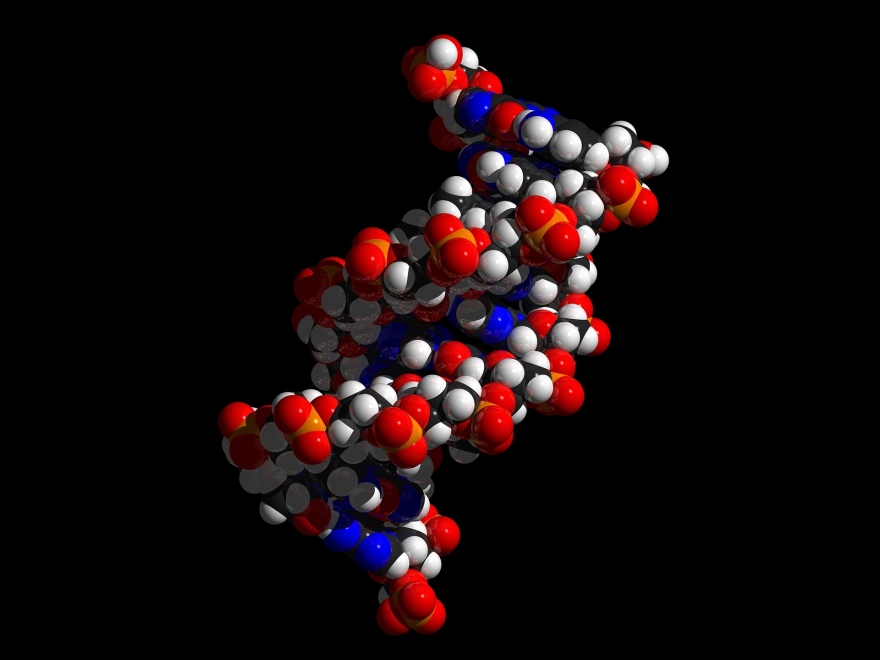|
That is the question. . . 
I promised you last month that I would list the pros and cons to receiving genetic testing.
To get you started here are some pros and cons for genetic testing:
Excerpt from: BRCA1 and BRCA 2 Cancer Risk and Genetic Testing Fact Sheet National Cancer Institute at the National Institute of Health What are some of the risks of genetic testing for breast and ovarian cancer risk?
Cons:
What are some of the risk of genetic testing for breast and ovarian cancer risk?
The direct medical risks, or harms, of genetic testing are minimal, but knowledge of test results may have harmful effects on a person’s emotions, social relationships, finances, and medical choices.
People who receive a positive test result may feel anxious, depressed, or angry. They may have difficulty making choices about whether to have preventive surgery or about which surgery to have.
People who receive a negative test result may experience “survivor guilt,” caused by the knowledge that they likely do not have an increased risk of developing a disease that affects one or more loved ones. Because genetic testing can reveal information about more than one family member, the emotions caused by test results can create tension within families.
Test results can also affect personal choices, such as decisions about marriage and childbearing. Violations of privacy and of the confidentiality of genetic test results are additional potential risks. However, the federal Health Insurance Portability and Accountability Act and various state laws protect the privacy of a person’s genetic information. Moreover, the federal Genetic Information Nondiscrimination Act, along with many state laws, prohibits discrimination based on genetic information in relation to health insurance and employment, although it does not cover life insurance, disability insurance, or long-term care insurance.
Finally, there is a small chance that test results may not be accurate, leading people to make decisions based on incorrect information. Although inaccurate results are unlikely, people with these concerns should bring them up during genetic counseling.
Pros:
What are some of the benefits of genetic testing for breast and ovarian cancer risk?
There can be benefits to genetic testing, regardless of whether a person receives a positive or a negative result. The potential benefits of a negative result include a sense of relief and the possibility that special checkups, tests, or preventive surgeries may not be needed.
A positive test result can bring relief from uncertainty and allow people to make informed decisions about their future, including taking steps to reduce their cancer risk.
In addition, people who have a positive test result may be able to participate in medical research that could, in the long run, help reduce deaths from breast and ovarian cancer.
If this article resonates with you? I would like to offer you a FREE 30-Minute Staying Cancer Free Strategy Session.
Click here to schedule "strategy session"
Life To All,
Linda
|